Let us not forget victims of terrorism
It’s understandable why Americans are concerned about welcoming Syrian and Iraqi refugees into the United States. These people come from areas steeped in terrorism, something that has mauled our country. When night falls on humanity, it tightens its locks to protect those already inside the house, leaving any people left out on the street to their own devices. The United States is a nation of immigrants, meaning every single person has had ancestors left out in the cold, desperate to be let in, desperate for safety and security, and desperate to escape the harshness they faced.
Civilians are fleeing Syria by the thousands. More than 200,000 have been killed in the conflict, spurring from the civil war ravaging the country. It began in 2011 with protests against the president, Bashar al-Assad. Instead of two groups, one being pro-Assad and the other against, sects are fighting. This includes the terrorist group ISIS or ISIL (Islamic State of Iraq and Syria) who have been behind many of the recent terrorist attacks.
ISIS has threatened the United States over and over again, striking fear into the hearts of Americans. But it isn’t just Western Nations that face this problem. Syrian and Iraqi refugees are victims of terrorism themselves. These people live in fear that any moment could be their last. It has been a long time since war was fought on American soil and we have forgotten what it entails.
We have forgotten what it is to see houses go up in the flames after bombings. We have forgotten the pain of watching innocent children, neighbors and even strangers caught in the crossfire. We have forgotten what it is to have shortages of food and water. We have forgotten the fear of waiting in the dark, not knowing when the lights will come back on.
We have forgotten not knowing who is friend or foe, and brother turning against brother. We have forgotten the suffering caused by war on our home turf, but these refugees are coming straight from this pain. They know these troubles first hand, and that is why they seek refuge.
The fear of people who are different creates this worry of Muslims entering the country. The most crippling moments in modern American history were terrorist attacks. But America’s screening process takes two years or more, and a very small number of people actually are admitted. The more time stayed in a war zone, the harder it gets. These immigrants, most of whom are children, deserve to be welcomed into our country with open arms.
The American Security Against Foreign Enemies Act of 2015 (American SAFE Act of 2015) would slow the already snail-paced process of admitting refugees to the United States. It would require a full background check be made on each person seeking a sanctuary in our country. Currently it takes about 18 to 24 months to process an applicant for refugee status. This act would make an already 2-year long screening process even longer. Instead of lengthening our admittance policies, we should be shortening them.
In Europe, migrants crossed into countries that had no opportunities to check or inspect them. Every refugee admitted to our country has been fully examined. Since the civil war began, 23,000 people applied for refugee status from Syria and Iraq. Of those 23,000, about 7,000 were actually interviewed. Of those 7,000 only 2,000 were admitted. For comparison, since 2013 Germany has accepted 38,500 Syrian refugees and Canada has accepted 36,300. The European Union’s border agency reports some 340,000 migrants crossed its borders in first seven months of 2015. In July alone, 107,500 people passed over the boundary line. These numbers haven’t been matched since the Holocaust.
Today people regard the turning away of Holocaust refugees as bizarre and awful, but authors of the book “Refugees in an Age of Genocide” remind us that “at the time German, Austrian and Czechoslovakian Jews were treated with ambivalence and outright hostility as well as sympathy.” Today, people wouldn’t think twice about welcoming Jews escaping concentration camps, but there was a time when people did.
In a survey done in July 1938, before many of the horrors occurred, two-thirds of the respondents agreed, saying “we should try to keep them out.” Most Americans surveyed believed the United States should strengthen its anti-immigration policies. Less than five percent of Americans encouraged political refugees fleeing fascist states in Europe (mostly Jews) to voyage across the Atlantic.
A similar poll in January 1939, well after the horrific events of Kristallnacht had two-thirds of Americans say they would not take in 10,000 German Jewish refugee children, children. Most Western countries regarded the plight of Jewish refugees with skepticism. Sympathy followed only wider knowledge of the monstrous slaughters of the Holocaust. Currently our country is regarding these Muslim refugees similarly.
Let us not repeat history. We must welcome Muslim refugees, not turn them away. We want history to view us as a sanctuary.
This country has a history of immigrants. There is no one here whose ancestors didn’t come to this country seeking a different and better new life. We will not forget the discrimination our ancestors faced, and use this reminder to do our best to help these victims of terrorism.
Tightening the gates will not solve the problem. There will always be people wanting to enter the country seeking a better life. And helping those people is what America is about.

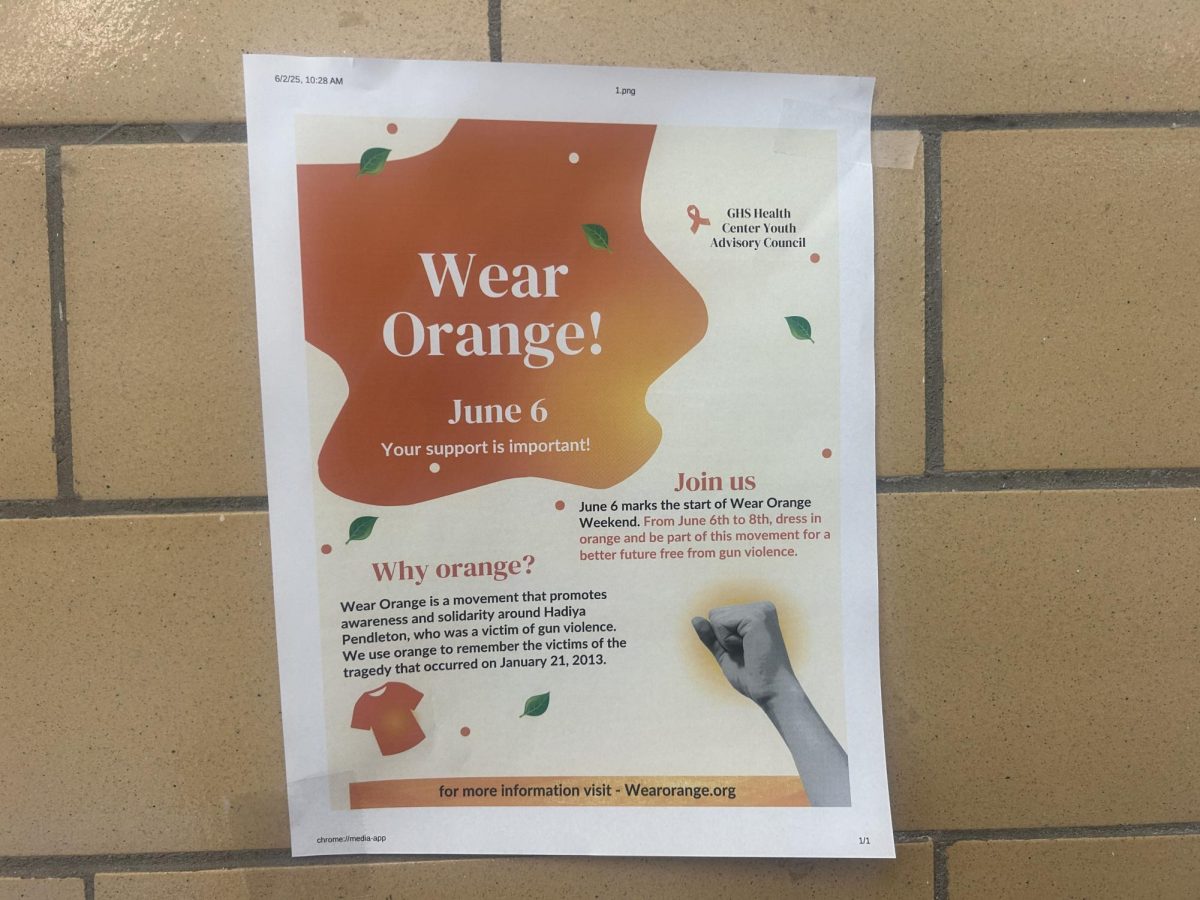

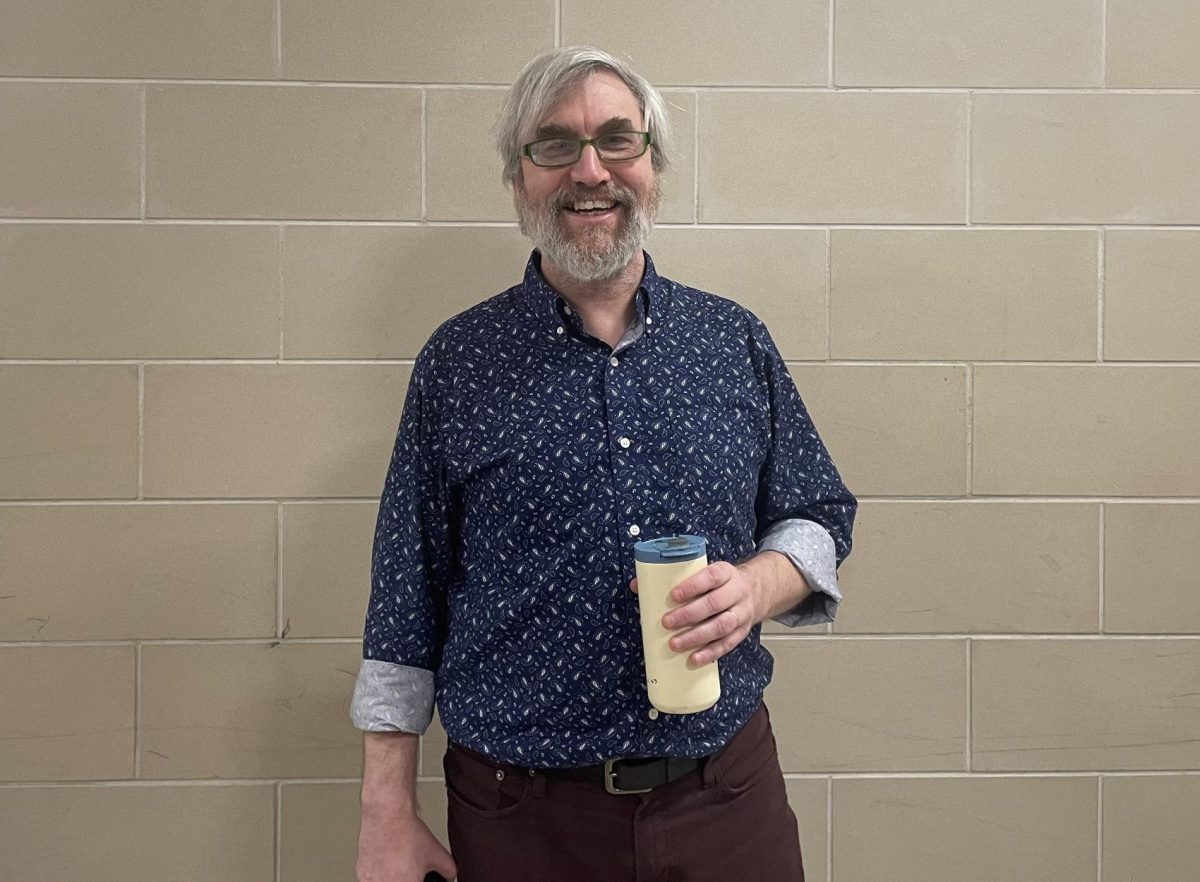




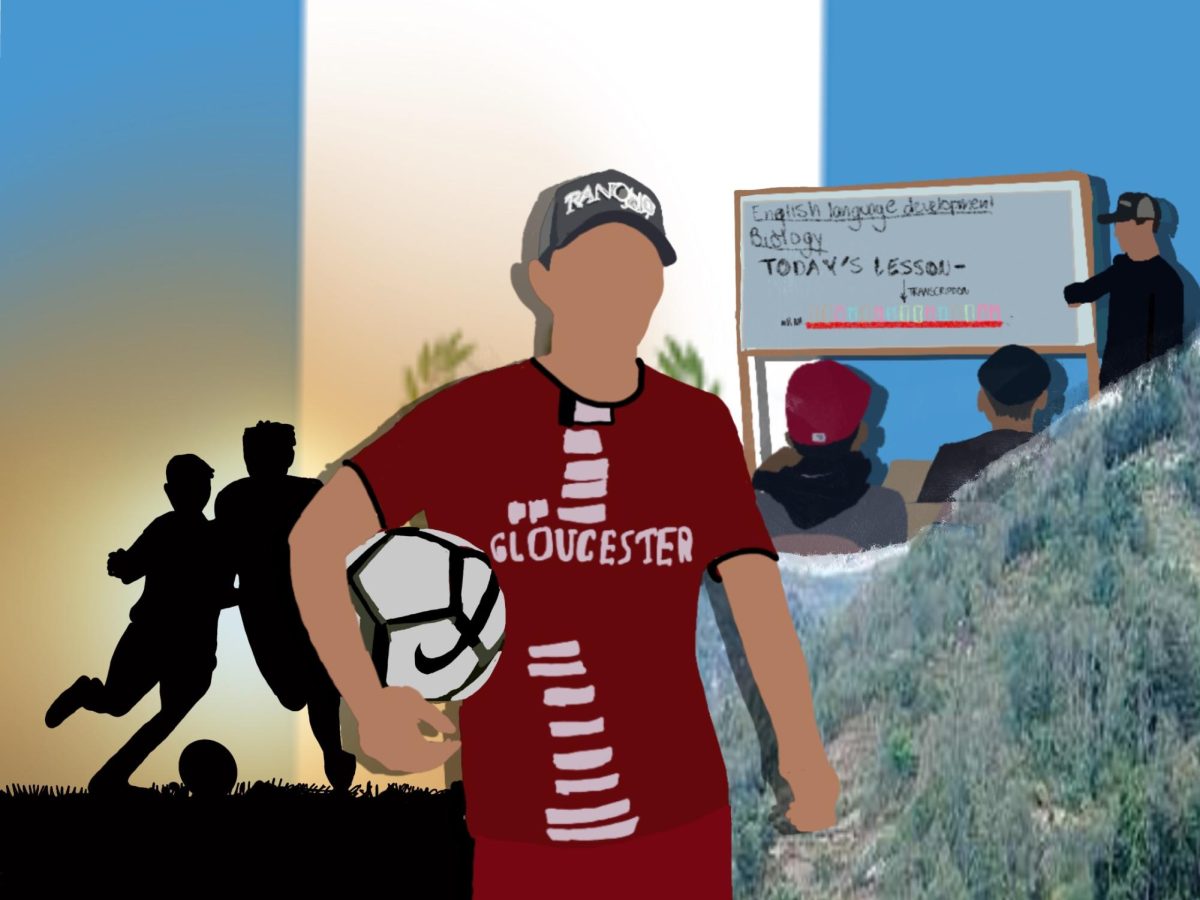













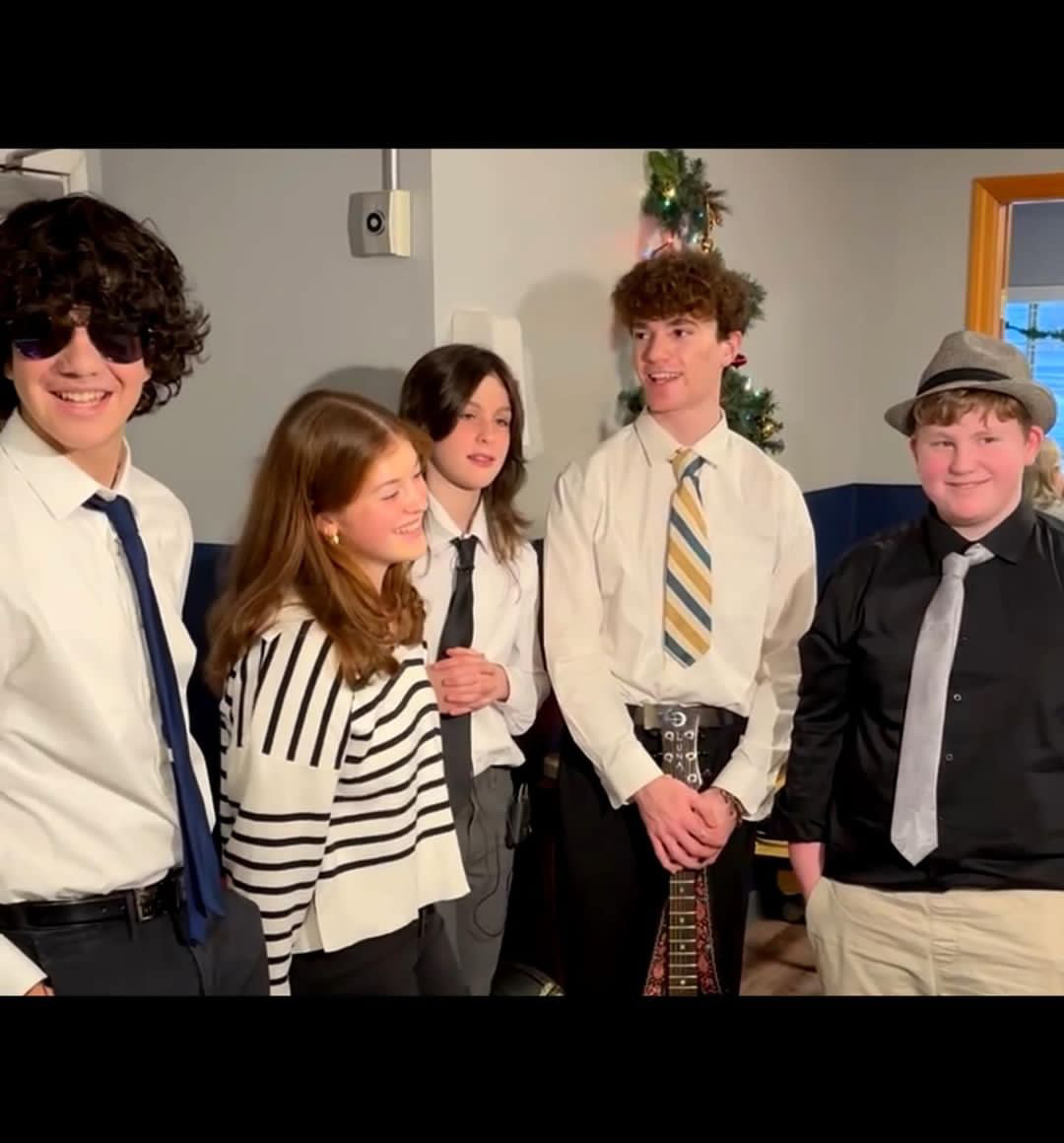






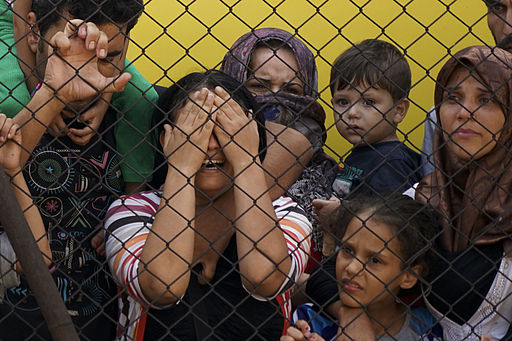
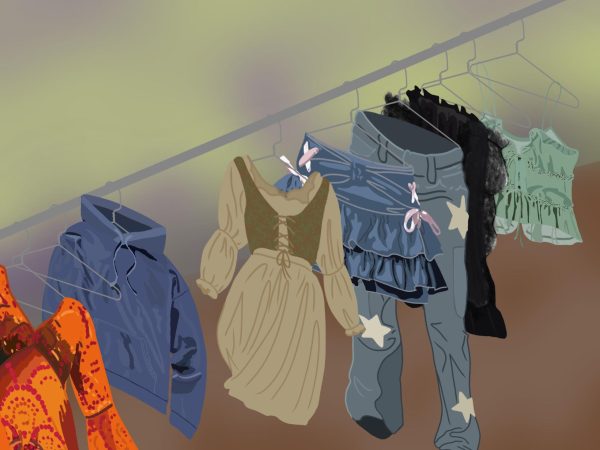






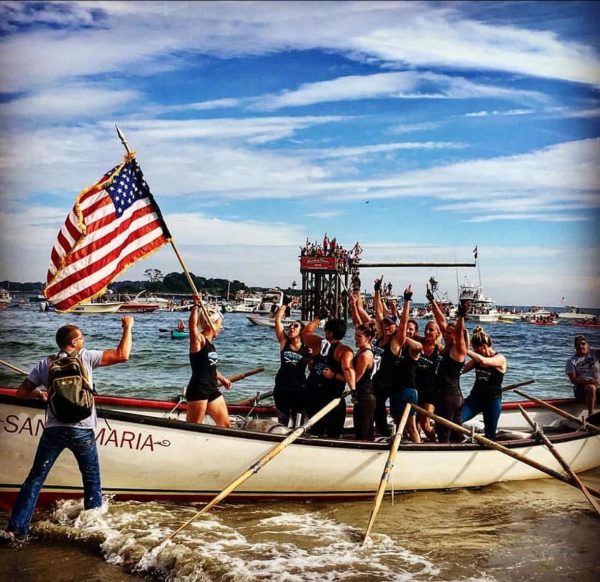

Lucas Melanson • Mar 16, 2016 at 8:17 am
Great article.
Lucas Melanson • Mar 16, 2016 at 8:11 am
I couldn’t agree more.
Niki Bogin • Feb 24, 2016 at 7:11 am
What a wonderful article. Clear headed, thoughtful and beautifully written.